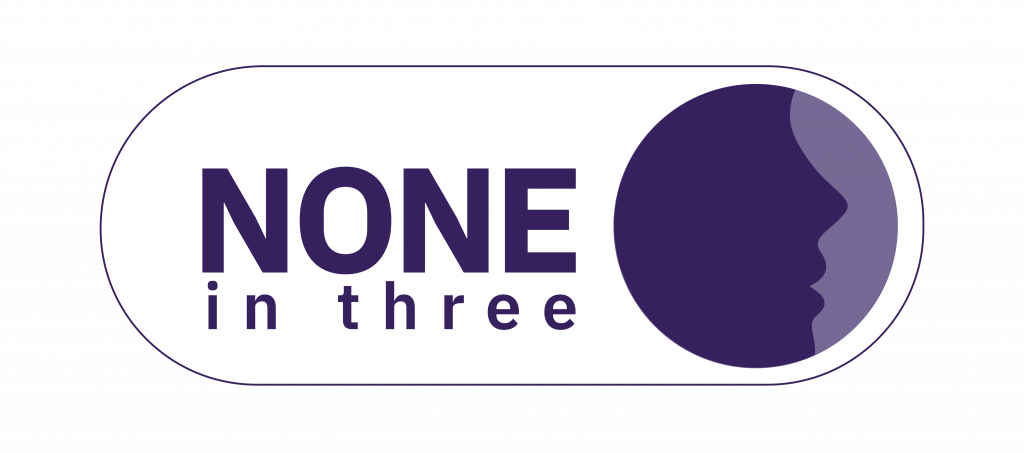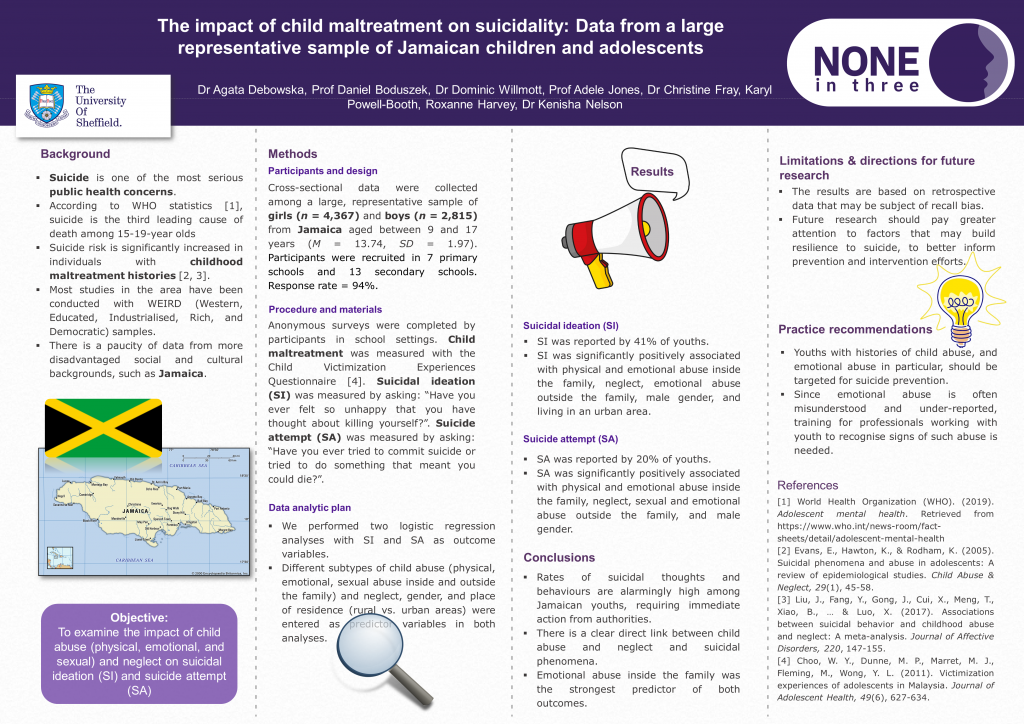Members of the Ni3 team from India spoke recently at the ISPCAN International Congress, Milan 2021. Our Research Fellow, Rukmini Banerjee, and Senior Research Assistant, Anne Panicker, presented results from our psychosocial survey, conducted with 8,365 students between the ages of 9 -17 in the city and suburbs of Mumbai. Their presentation explored how the team had applied an auto-ethnographic research methodology as part of undertaking this large-scale quantitative survey, allowing their own personal experiences to inform a reflexive data collection methodology.
Our research team overcame a number of challenges to complete this research, including reticence from school management and government agencies about allowing the team to undertake research on the emotional and sexual wellbeing of adolescents. In their presentation to ISPCAN, the team outlined how a Memorandum of Understanding signed with the Maharashtra Government was an important step in opening up conversations with schools, and led to 20 separate schools taking part in the survey.
By adapting their approach in a situation specific manner, the team were able to undertake the psychosocial survey in a way that effectively reflected the multicultural nature of Indian society. The team’s personal knowledge and experience, as well as training from a rights-based organisation, allowed them to respond to the participants’ needs flexibly while administering the survey.
A number of takeaways are starting to emerge from the team’s approach to conducting the survey in and around Mumbai. These include the importance of emotional engagement; the need to develop a multipronged approach to recruiting schools and government agencies; the necessity of creating a national taskforce to deal with reported cases of child abuse; and the importance for researchers of incorporating reflexive thinking practices while undertaking fieldwork.
The team were delighted to have a chance to share these insights with the wider ISPCAN community, and to highlight some of the initial findings from our major psychosocial survey conducted with young people in India, Jamaica, Uganda & the UK.
Poster Presentation
ISPCAN 2021 also featured a poster presentation of findings from our quantitative research in Jamaica, exploring the impact of child maltreatment on suicidality, delivered by Dr Agata Debowska.
These findings are based on our psychosocial survey for Jamaica, which has been conducted with over 7,000 young people aged between 9 – 17.
You can view the full PDF of “The impact of child maltreatment on suicidality: Data from a large representative sample of Jamaican children and adolescents” by clicking on the image above.

